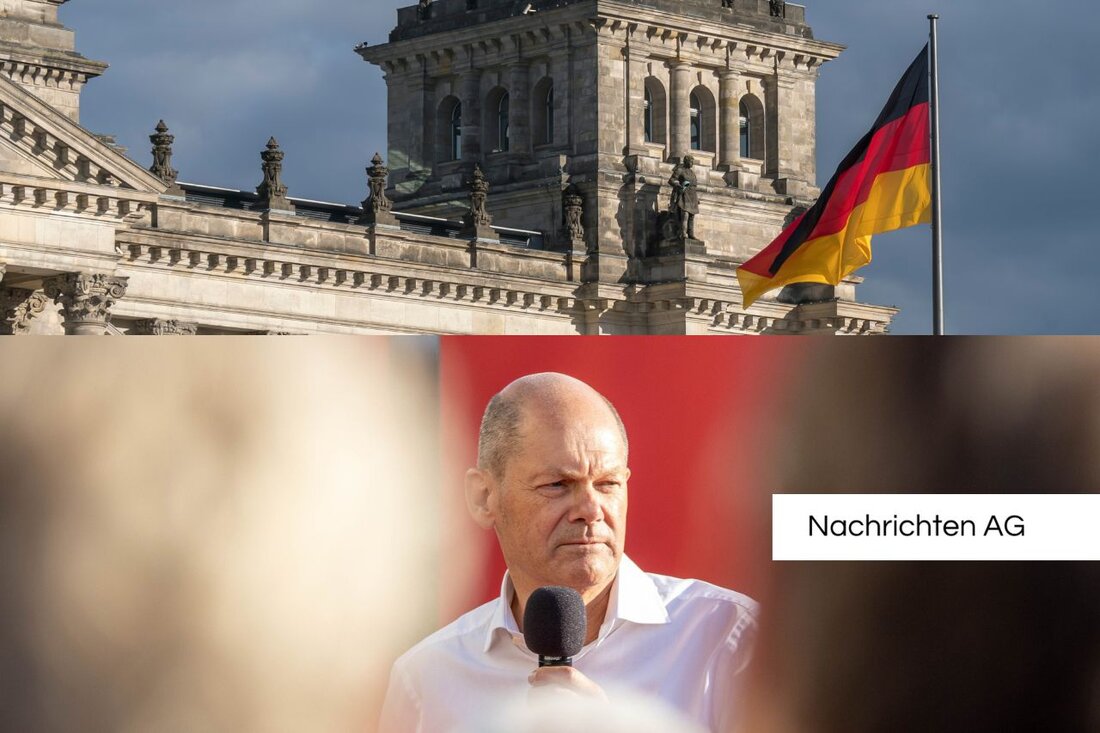Volt brings a breath of fresh air to tax policy - what is behind it?

Volt brings a breath of fresh air to tax policy - what is behind it?
Olaf Scholz will present the question of trust on Monday and prepare the parties for the upcoming elections, in which the ProEuropean party Volt also draws attention to. This was surprisingly 2.6 percent of the votes in the European elections in June and thus won three mandates. Volt is now pursuing an interesting tax reform that is intended to help reduce VAT on staple foods and thus present an anti-inflation measure. According to Berlin Live , the party, led by top candidate Maral Koohestanian under the motto "Let's get the future back", the VAT on fresh foods such as bread, fruit and vegetables from 7 to 0 percent reduce. This could save families up to 30 euros per month.
This exciting project is not new, because Agriculture Minister Cem Özdemir had also made similar suggestions in the past. However, critical voices fear that the state could lose billions of tax revenue through these measures without the prices in the supermarket to remain stable. Nevertheless, Volt seems to be on the right track with its strategy, especially with younger voters. Political scientist Thorsten Faas explains in the BR24 interview that Volt had hit a nerve through a striking and youthful campaign, which was both online and offline. Your clear pan -European agenda and the commitment to topics such as climate protection, tolerance and transparency are also well received.
The rise of the small party volt
volt was created in response to Brexit and right -wing populism in Europe and, despite its still small number of members, has established itself in Germany. At the European elections in Germany, she almost quadrupled her result compared to 2019, which according to BR . The party is particularly strong in West Germany and among people with higher education. The weakness of the Greens could have given a further thrust because many young voters find them too established.
The small party also has success at the local level, while at the same time it is confronted with the challenges of an upcoming blocking clause at the next European elections. This regulation could make smaller parties difficult to receive enough votes to be represented in the European Parliament. This raises questions about the future of Volt, which now has to assert itself to secure their position in the political spectrum of Germany and Europe.
| Details | |
|---|---|
| Quellen | |
